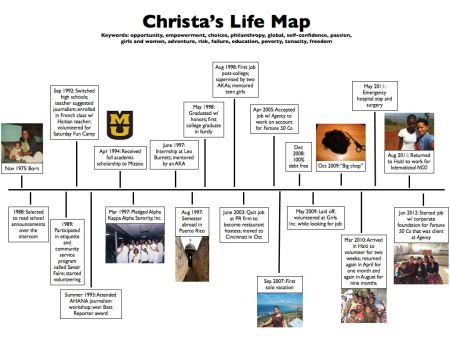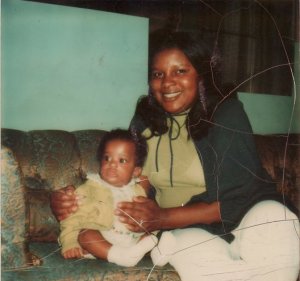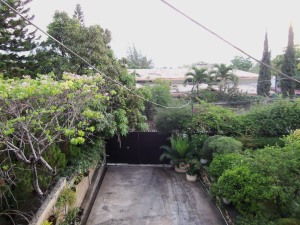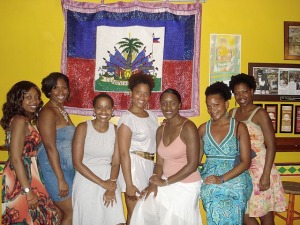After seven months, I finally went on vacation over the Easter weekend. A friend had out of town visitors, and invited me to join them for a beach day at Moulin Sur Mer in Montruis, north of Port-au-Prince in a tourist zone known as the Côtes des Arcadins. I’d been wanting to check out the place for quite some time, and was happy I could finally enjoy some much needed R&R on the beach. I wanted to spend longer than a day, so decided I’d stay the weekend, and would get a tap tap back to Port-au-Prince on Sunday. Given that it was a holiday weekend, finding a room was a challenge. The popular resorts in the area (Moulin Sur Mer, Kaliko Beach Club, Wahoo Bay and Club Indigo) were either sold out, too expensive or hosting a concert, meaning they would be too loud/crowded. So I scratched them all off the list. Then I remembered someone telling me about a place called Ouanga Bay. I tried to find information online, specifically pictures and reviews, but all I could find was a phone number. When I called to inquire about rates and availability, the lady I spoke with, whom I suspected was the owner, said she could make something work for me and quoted me a price of US$275 all inclusive. It was more than I wanted to pay, but I really wanted to spend the weekend outside of the city, so I decided to give it a try.
The Moulin Sur Mer is a sprawling, beautiful, historic property, though it’s a little odd with its iron and plastic lawn decorations, swans, sculptures, pigeon house, koi pond and two monkeys in a cage. It’s the closest thing I’ve seen in Haiti to a true resort, with a children’s playground, basketball court, racquet/handball court and water activities (e.g. kayaking and jet skis). The price of admission for non-guests was US$15 without the buffet and US$40 with it. We opted to skip the buffet, but I actually think the buffet is a better deal if you plan to eat while there. The food prices are quite high. For example, griot de porc, deep fried pork, was US$20, whereas it’s usually only US$5 – $6 in an ordinary Haitian restaurant. I ended up ordering a rum punch, hamburger, fries and a coke at a cost of US$17, for a total paid of US$32. At least now I know for next time. Anyway, because of the holiday weekend, there were a lot of families with children there, but we managed to find a quiet spot and spent the afternoon relaxing.
This slideshow requires JavaScript.
When I arrived at the Ouanga Bay that evening, I was a little nervous, unsure what I’d find. The reception area was fairly nice, so I was hopeful that I’d be pleasantly surprised. I paid upon check-in and was escorted to my room by a housekeeper carrying my bath towel over her arm. As soon as she opened the door to my room and I saw the floral bedspread, I knew it was going to be a long two nights. Things didn’t get any better as I turned the corner to the bathroom. Thank goodness I brought my own sheet and a few Benadryl capsules.
As I sat down for dinner that night, I was hoping the food would make up for the room. It didn’t. I popped two Benadryl and went to bed.
The next morning, still not wanting to give up on the place, I thought perhaps breakfast was their speciality. But when one of the options was spaghetti, I knew it wasn’t. (I’m well aware of the fact that spaghetti is a traditional Haitian breakfast. And that’s fine. But at $275, I expected more.)
Unfortunately, I didn’t even find the beach all that relaxing. It was small and rocky with very little sand. The wooden, unadjustable lounge chairs with their straw mats were uncomfortable. It was crowded because of the holiday, and excited kids were flying a kite in the small space in front of where I was camped out. I made a mental note to only vacation during the week.
Despite all of that, I tried to enjoy my last night. I selected the lobster for dinner, and while it was better than the previous night’s meal, it was no match for the lobster I’ve had from locally manned stalls on the beaches of Grand Goave, Port Salut and Cayes Jacmel.
Since the owner was able to accommodate me at the last minute, I tried to find at least one redeeming quality about the Ouanga Bay, but I’ve come up with nothing. In fact, the best part of my stay was checking out.





